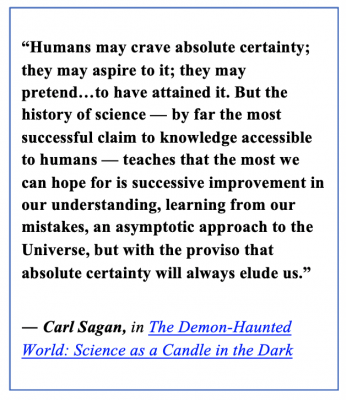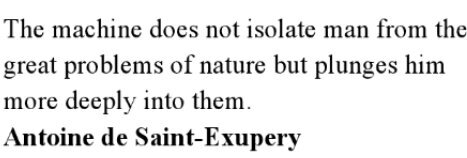“Use distanced self-talk. One way to create distance when you’re experiencing chatter involves language. When you’re trying to work through a difficult experience, use your name and the second-person “you” to refer to yourself.”
“Engage in mental time travel. Another way to gain distance and broaden your perspective is to think about how you’ll feel a month, a year, or even longer from now. Remind yourself that you’ll look back on whatever is upsetting you in the future and it’ll seem much less upsetting.”
“Studies show that when people are going through a difficult experience, asking them to imagine how they’ll feel about it ten years from now, rather than tomorrow, can be another remarkably effective way of putting their experience in perspective. Doing so leads people to understand that their experiences are temporary, which provides them with hope.”
“One of the most chilling discoveries I’ve had in my career is that chatter doesn’t simply hurt people in an emotional sense; it has physical implications for our body as well, from the way we experience physical pain all the way down to the way our genes operate in our cells."
"When it comes to our inner voice, the game of dominoes provides a more appropriate metaphor. When we focus on a negative aspect of our experience, that tends to activate a related negative thought, which activates another negative thought, and another, and so on. These dominoes continue to hit one another in a game where there is a potentially infinite supply of tiles.”
― Ethan Kross, Chatter: The Voice in Our Head, Why It Matters, and How to Harness It
“Engage in mental time travel. Another way to gain distance and broaden your perspective is to think about how you’ll feel a month, a year, or even longer from now. Remind yourself that you’ll look back on whatever is upsetting you in the future and it’ll seem much less upsetting.”
“Studies show that when people are going through a difficult experience, asking them to imagine how they’ll feel about it ten years from now, rather than tomorrow, can be another remarkably effective way of putting their experience in perspective. Doing so leads people to understand that their experiences are temporary, which provides them with hope.”
“One of the most chilling discoveries I’ve had in my career is that chatter doesn’t simply hurt people in an emotional sense; it has physical implications for our body as well, from the way we experience physical pain all the way down to the way our genes operate in our cells."
"When it comes to our inner voice, the game of dominoes provides a more appropriate metaphor. When we focus on a negative aspect of our experience, that tends to activate a related negative thought, which activates another negative thought, and another, and so on. These dominoes continue to hit one another in a game where there is a potentially infinite supply of tiles.”
― Ethan Kross, Chatter: The Voice in Our Head, Why It Matters, and How to Harness It
Last edited:








